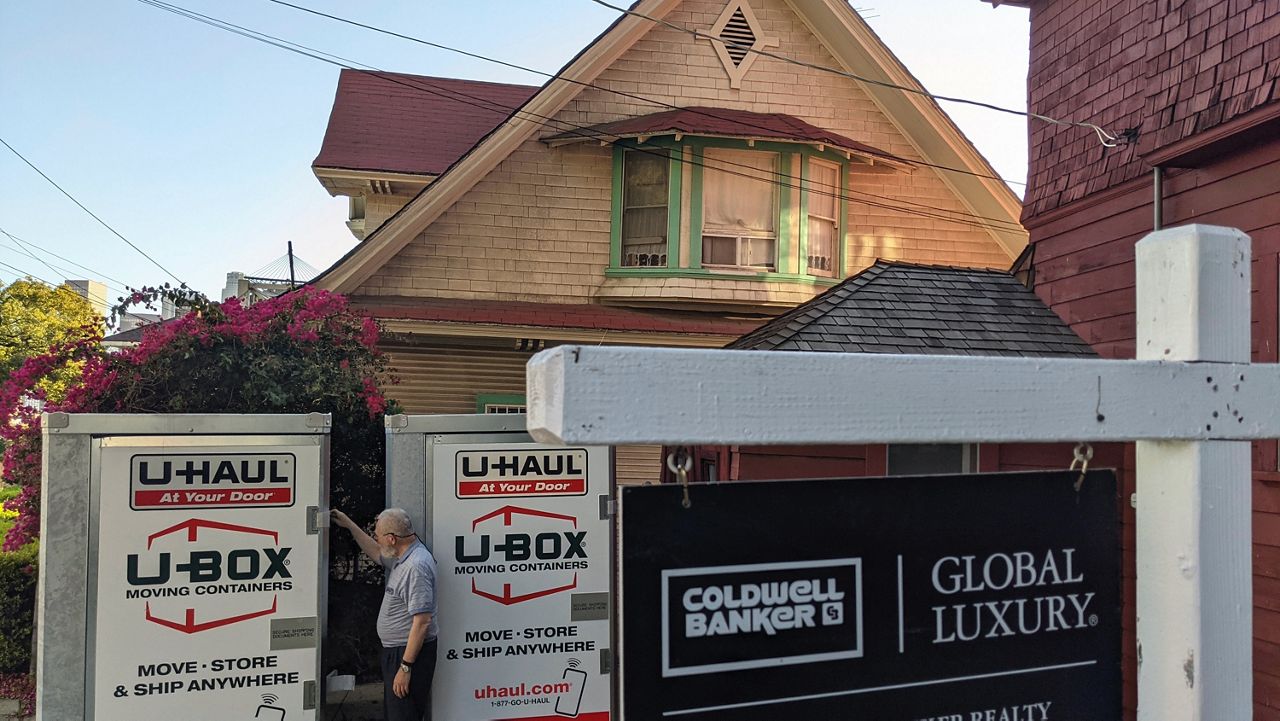LOS ANGELES (CNS) — A Los Angeles City Council committee Monday approved funding for the initial implementation of Measure ULA, also known as the “mansion tax.”
The Budget, Finance and Innovation Committee unanimously approved recommendations provided by the city administrative officer and the Los Angeles Housing Department. The recommendations, totaling $500,000, seek to establish the House LA Fund from revenue generated by the tax; hire six new positions to lead the implementation process of ULA programs; and establish an inspector general position, who will provide oversight.
The panel also allocated another $132,700 for the LA Housing Department for staff costs and leasing services.
Greg Good, a senior adviser with the LA Housing Department, provided an overview of Measure ULA, which is an additional tax on property sales that exceeds $5 million. Angelenos passed the ballot measure in November.
The city enacted the new tax April 1.
“So, far $3.6 million was collected for the month of April on five transactions,” Good said. “I think that’s reflective of what we anticipated. There was an exceedingly intense rush to offload properties in the month leading up to April 1.”
Councilman Bob Blumenfield asked Good whether the city would expect to see higher levels of revenue being generated from the measure in the future.
Good said he is “hopeful” and he “strongly suspects” it will, but he’s uncertain to what degree.
In December, city officials initially reported the measure was expected to generate between $600 million and $1.1 billion annually, but that estimate was later lowered to $672 million.
The city’s budget for 2023-24 approved the use of $150 million from Measure ULA to be used to support the city’s efforts to address homelessness, including funding for a counsel program for lower-income tenants threatened for eviction; expanded renter protections and other programs.
Good noted the housing department is working to provide a report back by late July on initial programs that will be funded by Measure ULA.
The Howard Jarvis Taxpayers Association and the Apartment Association of Greater Los Angeles have filed a lawsuit against the city in an attempt to prevent the city from implementing Measure ULA. Daniel Yukelson, executive director of the apartment association, acknowledged in April that property owners scrambled to unload their properties before the tax went into effect.
“Quite frankly, it’s a big tax bill, 5.5%, and it’s really going to discourage development in the city of Los Angeles,” Yukelson told City News Service in April. “Why invest in LA, when you just go across the borders and not have to pay that huge tax.”
Yolanda Chavez, a representative of the city’s chief executive office, reaffirmed why the city budget approved only $150 million from Measure ULA generated funds.
“There’s $150 million that could be expended if $150 million is collected,” Chavez said. “And if for some reason, we are not successful in terms of the legal challenges then we can pay back ... through FEMA (Federal Emergency Management Agency) reimbursements.”
Dan Whitley, a deputy city attorney, noted that dates are “still up in the air” in regards to how litigation will move forward, but the city attorney’s office expects to hear an order from the court in the next two weeks.
But the overall litigation process may take up to a year and a half, Whitley added.
Councilwoman Monica Rodriguez, a finance committee member, added the need for city departments involved in the hiring of staff and establishing Measure ULA programs to ensure transparency as the work moves forward.
“I want to figure out what the money is going to, what purpose is it serving, what staffing is it covering and what is the long-term expectation for what’s going to fund,” Rodriguez said.



